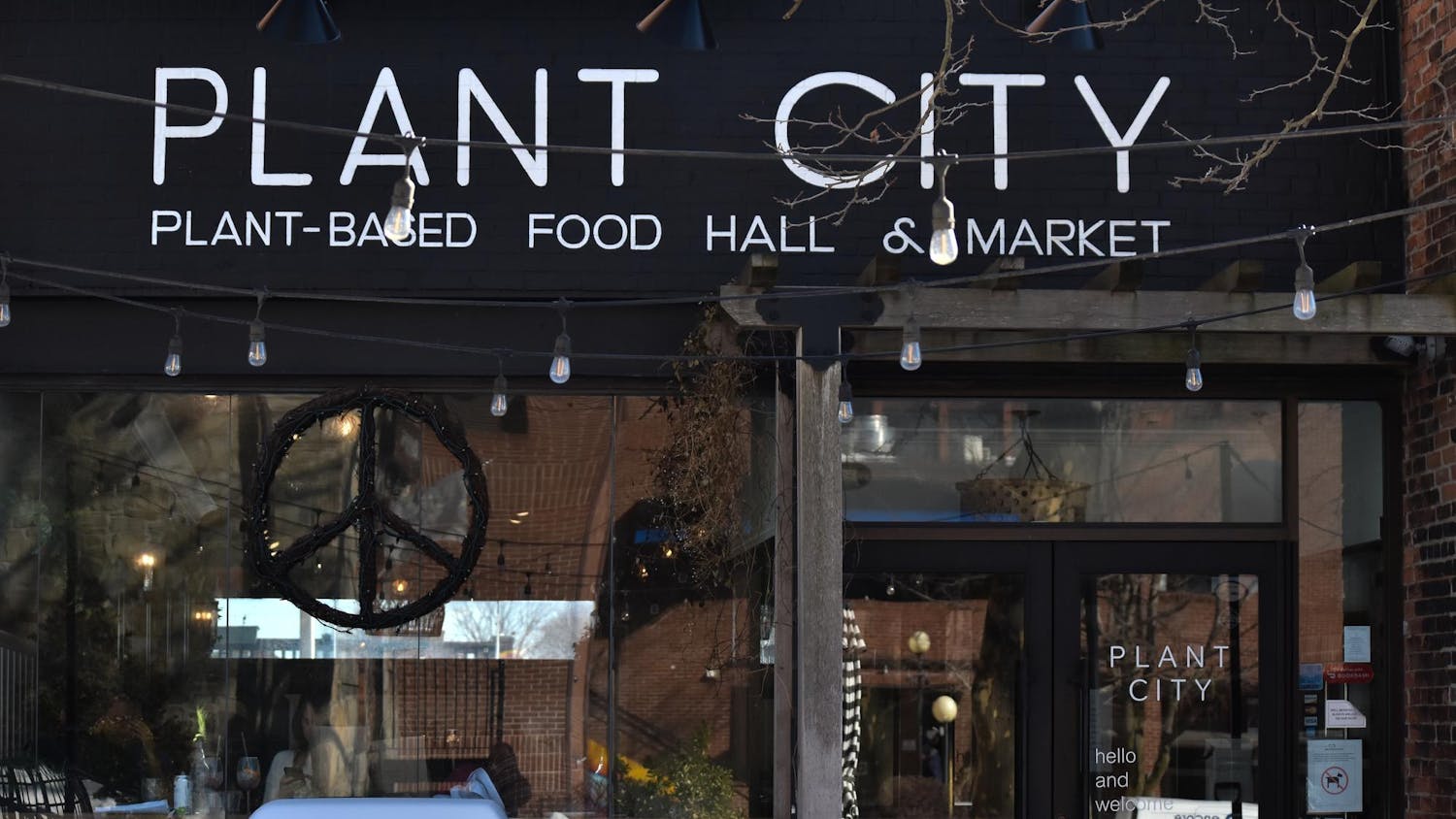Clarification appended.
A bill introduced in the Rhode Island House of Representatives in February would allow municipalities to charge institutions with tax-exempt property - such as the University - for emergency services such as fire, police and rescue. The charge would be proportional to the assessed value of the property and could be as high as 25 percent of the taxes that would have been collected without tax-exempt status.
The bill was introduced by state Rep. John Carnevale, D-Providence and Johnston, who has introduced two other bills also targeting nonprofits. One bill would authorize municipalities to levy a dormitory fee on any "private non-profit institution of higher education," amounting to $150 per dormitory every semester. Under the law, each dormitory "bearing a discrete name or number" would constitute a separate dormitory.
The other bill would eliminate certain tax exemptions currently enjoyed by educational institutions and libraries. Any property used for activities not directly involving education or any income derived from activities not directly involving education would become taxable.
Carnevale could not be reached for comment, but state Rep. Joseph Trillo, R-Warwick, who is co-sponsoring the emergency services bill, called it a "fairness issue." He pointed to the University's property purchases on Providence's East Side, calling them part of a "commercial real estate investment operation" that should be taxable but is not.
"It's not so much the part of Brown that is used for education (that is the problem)," Trillo said. Instead, he said the problem is "the real estate holdings, which are basically commercial holdings, and the fact that, because the University owns them, they are tax exempt."
State Rep. Arthur Handy, D-Cranston, who is also co-sponsoring the emergency services bill, said the University has moved away from having buildings used solely for education. When the University rents its land, it can depress the property market, where it has "an unfair advantage over for-profit landlords," he said. The University currently pays $1.6 million on properties not used for educational purposes, but the bill would add language clarifying that tax exemption can apply only to buildings used strictly for the institution's mission.
Handy also said the kinds of institutions targeted by the legislation involve large concentrations of people who would perhaps be more likely to require emergency services. "I don't want to pick on Brown in particular, I actually think you guys are better than the average 20-year-old," Handy said. "But on average, folks have more energy when they're 20 than when they're 40."
Handy clarified that he thinks Brown already contributes significantly to the city. But he said a large number of the benefits Brown and other nonprofits bring to the state, such as increased payroll tax revenues, do not reach the city of Providence.
Marisa Quinn, vice president for public affairs and University relations, called the legislation "counterproductive," adding that it would threaten the tax-exempt status of all nonprofits and could hurt the University by "undermining our commitment to being need-blind, to being a stable employer and to being a productive partner for the long-term economic stability of our city and state."
Quinn said the University is working hard to combat the legislation. Daniel Egan, president of the Association of Independent Colleges and Universities of Rhode Island, argued on behalf of Brown and other schools at a March 29 hearing of the emergency services bill before the House Finance Committee, she said. She added that Brown has contacted legislators to express opposition to the bill.
"Brown, together with the other colleges and universities, are leading employers, and that's critically important," Quinn said.
Quinn also pointed to ongoing conversations between the University and Providence Mayor Angel Taveras as a possible solution to the problem.
Handy said if Brown and Providence were able to come to a voluntary agreement, he would "suggest the legislation is no longer necessary."
Ben Wofford '14.5, a Brown for Providence member and Post- staff writer, called the bills "awful, outrageous and obnoxious" but added that they are a result of the University's inability to make progress in negotiations with the city.
Wofford advocated Brown agree to greater contributions. "Every expert has told us universities with positive long-term relationships with their city don't get into tax disputes," Wofford said.
All three bills are currently pending, either awaiting a hearing or being held for further review by the House Finance Committee.
A previous version of this article stated Brown for Providence is not in support of proposed state legislation that would require tax-exempt institutions to pay for emergency services, among other changes. In fact, Ben Wofford '14.5, a member of Brown for Providence, was expressing his personal opinion rather than the group's position.




